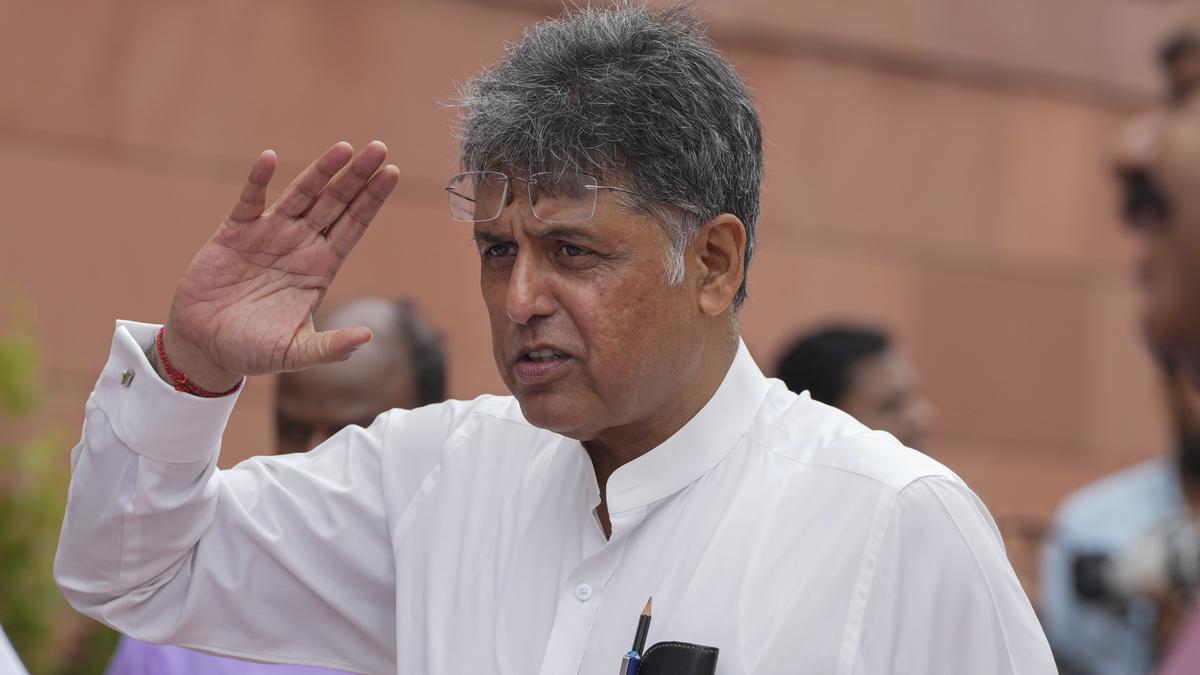ARTICLE AD BOX
Parliament on Tuesday passed a new income tax Bill to replace the six-decade-old Income Tax Act, 1961, and the landmark National Sports Governance Bill which will transform India’s sporting landscape and make decision-making athlete-centric, before it took a five-day break and will reconvene on August 18.
The National Anti-Doping (Amendment) Bill, which reinforces NADA’s autonomy as required by the World Anti-Doping Agency, was also passed by the Parliament. The two Bills now await the President’s assent to be notified as Acts.
Soon after Union Sports Minister Mansukh Mandaviya moved the Bills for consideration and passage in Rajya Sabha at 3 pm, there were protests from the Opposition over Special Intensive Revision of electoral rolls in poll-bound Bihar.
The Opposition eventually staged a walkout led by Leader of Opposition Mallikarjun Kharge, who demanded a discussion on the SIR.
During the discussion, Mandaviya said that since sports is “a public movement”, its three major stakeholders — athletes, federations, and government — needed to have mutual coordination and transparency to convert talent of the nation’s sportspersons into medals.
The legislation, he said, would provide opportunities for athletes from all backgrounds, particularly the tribal community and women. The Bill seeks to establish “a transparent system in sports, ensure women’s participation, strengthen federations, bring good governance, and safeguard the interests of athletes”. The new Bill mandates that at least four members of the Executive Council must be women.
“We aspire to be in the first five positions in terms of medals, and for that, good governance in the sports sector is necessary,” Mandaviya said.
Story continues below this ad
During the discussion, BJD MP Subhashish Khuntia raised concerns about the centralisation of sports governance due to the Bill. He also felt that the Bill did not have clarity on district and block-level development of athletes. “The Bill should empower, not control,” he said.
Mandaviya said that the government is only seeking to be a facilitator. “In this Bill, we are bringing transparency, not control, not interference. The government doesn’t want to control. We are being supporters and providers of a structure,” he said.
Piloting the Income Tax Bill, 2025, in Rajya Sabha, Union Finance Minister Nirmala Sitharaman said it does not impose any new tax rate and only simplifies the language, which is required for understanding the complex income tax laws.
The new Bill removes redundant provisions and archaic language and reduces the number of Sections from 819 in the Income Tax Act of 1961 to 536 and the number of chapters from 47 to 23. “These changes are not merely superficial; they reflect a new, simplified approach to tax administration. This leaner and more focused law is designed to make it easy to read, understand and implement,” Sitharaman said while replying to a short debate in the absence of the Opposition.
Story continues below this ad
Along with the Income Tax Bill, 2025, the House also returned the Taxation Laws (Amendment) Bill, 2025, to LS that had passed these money Bills Monday.
Soon after Rajya Sabha convened Tuesday, Deputy Chairman Harivansh said that the tax Bills had been included in the supplementary list of business and uploaded on the members’ portal.
Raising an objection, TMC MP Derek O’ Brien said the important Bills, which had up to 500 amendments, were being listed at 11 am, when the House proceedings started for the day. He then raised the Opposition’s demand for a discussion on the SIR but Harivansh said the Chair had already given a ruling on the matter. As the Opposition continued to raise its demand, the House was adjourned until 2 pm.



.png)
.png)
.png)
























 English (US) ·
English (US) ·